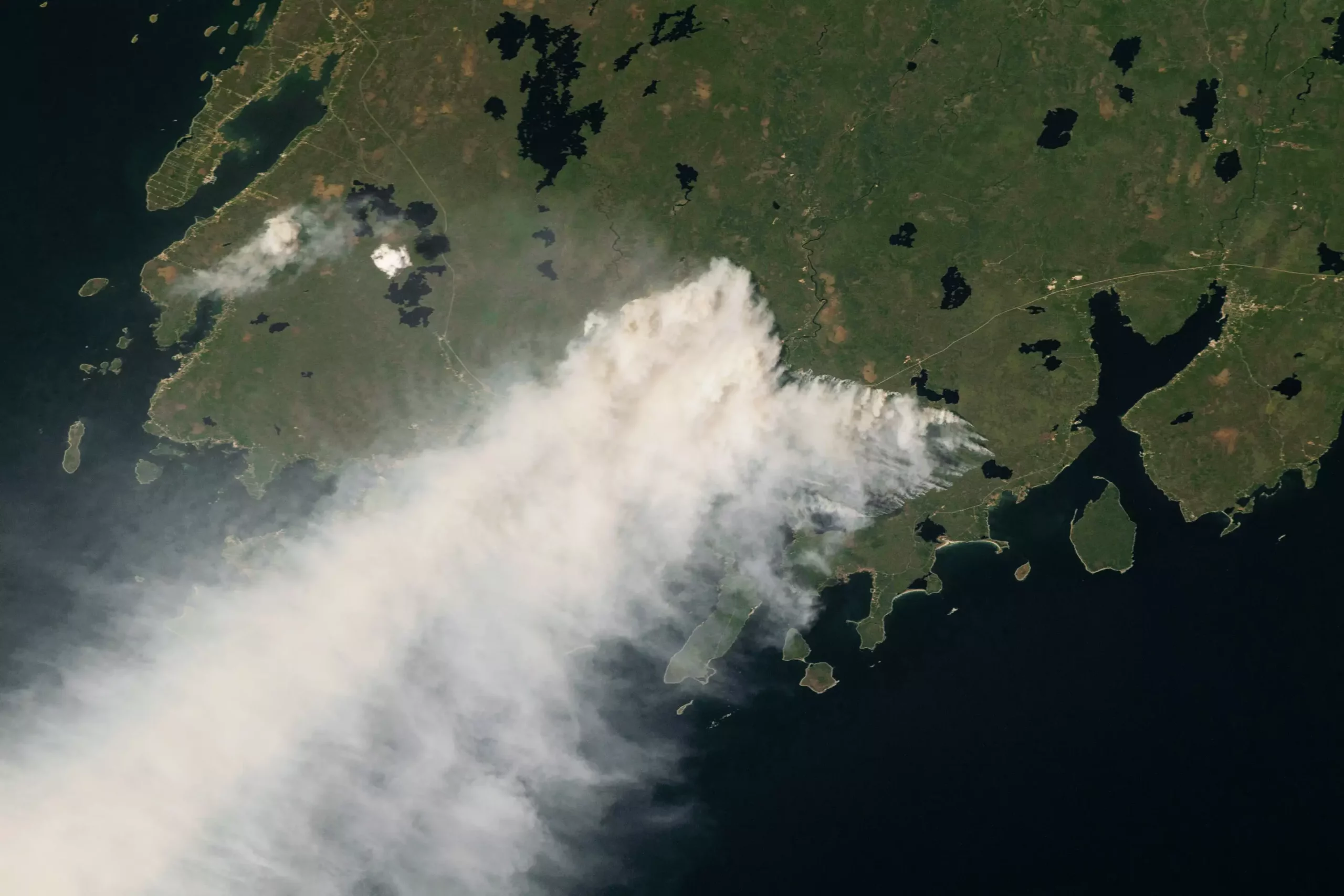In a shocking discovery by NASA scientists, it was revealed that the extreme forest fires in Canada in 2023 released a staggering 640 million metric tons of carbon into the atmosphere. This amount is comparable to the annual fossil fuel emissions of a large industrialized nation.
The researchers used satellite observations and advanced computing techniques to quantify the carbon emissions from the fires, which burned an area roughly the size of North Dakota over the course of five months from May to September 2023. The study, published in the journal Nature, was led by scientists at NASA’s Jet Propulsion Laboratory in Southern California.
The amount of carbon emitted from the Canadian fires in just five months exceeded the total emissions from fossil fuel combustion in countries like Russia and Japan in the previous year. This highlights the severity and unprecedented nature of the wildfire disaster in Canada.
While both wildfires and fossil fuel combustion emit carbon dioxide (CO2) which contributes to immediate warming, there is a significant difference. The carbon emitted from fires can be reabsorbed by Earth’s ecosystems as the forest regrows, whereas CO2 from fossil fuels remains in the atmosphere.
The TROPOspheric Monitoring Instrument (TROPOMI) aboard the Sentinel 5P satellite observed the fire plumes over Canada, providing valuable data for the research team. By measuring and mapping trace gases and aerosols in the atmosphere, the instrument helped estimate the extent of carbon emissions from the fires.
The intense fire season in Canada in 2023 was attributed to a combination of tinderbox conditions across the forests and climate anomalies. Data revealed that temperatures in the affected areas were significantly higher than average, with extended drought and below-average precipitation further fueling the fires.
Scientists predict that if extreme events like the 2023 Canadian forest fires become more common, it could have far-reaching consequences for global climate. Canada’s forests, which act as crucial carbon sinks, may be unable to absorb carbon at the same rate if fire activity continues to increase, potentially exacerbating climate change.
The unprecedented carbon emissions from the extreme forest fires in Canada in 2023 serve as a stark reminder of the urgent need for climate action. As we continue to witness the escalating impacts of climate change, it is essential to prioritize conservation efforts, sustainable practices, and mitigation strategies to protect our planet for future generations.


Leave a Reply